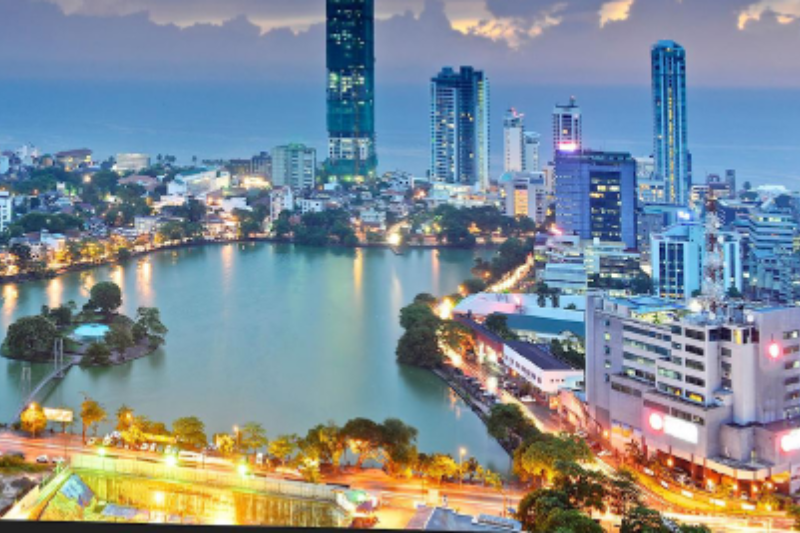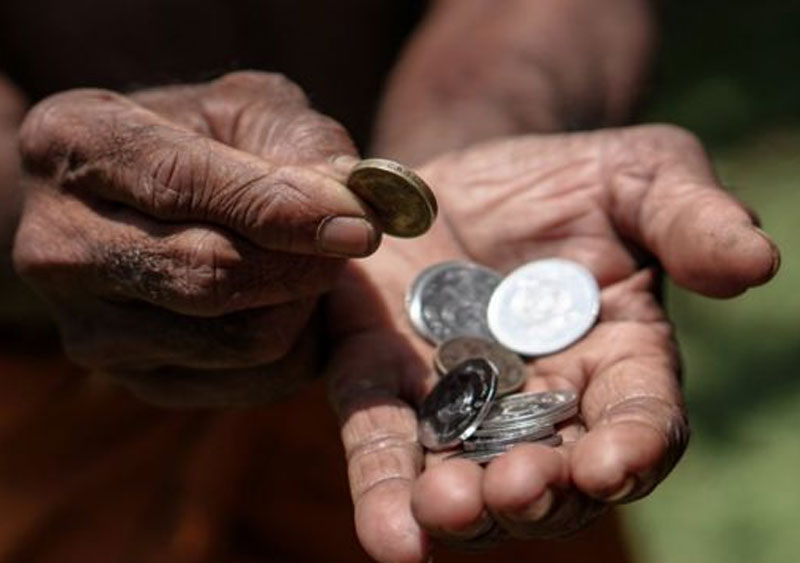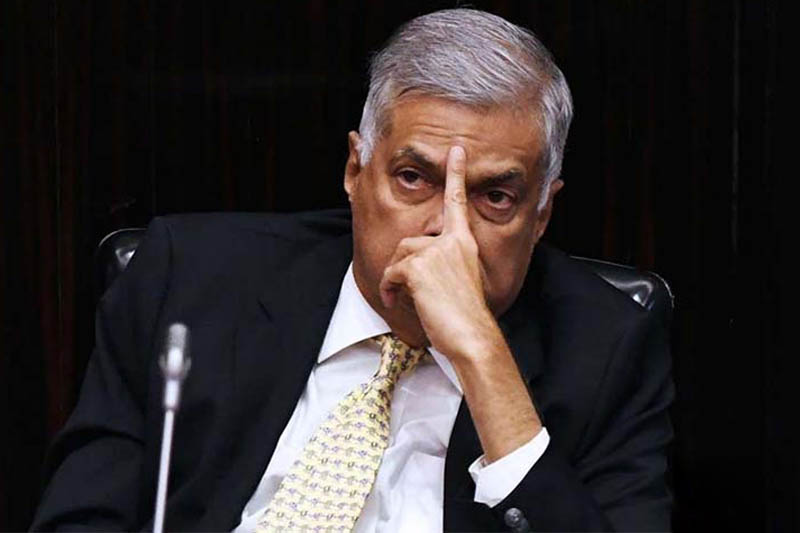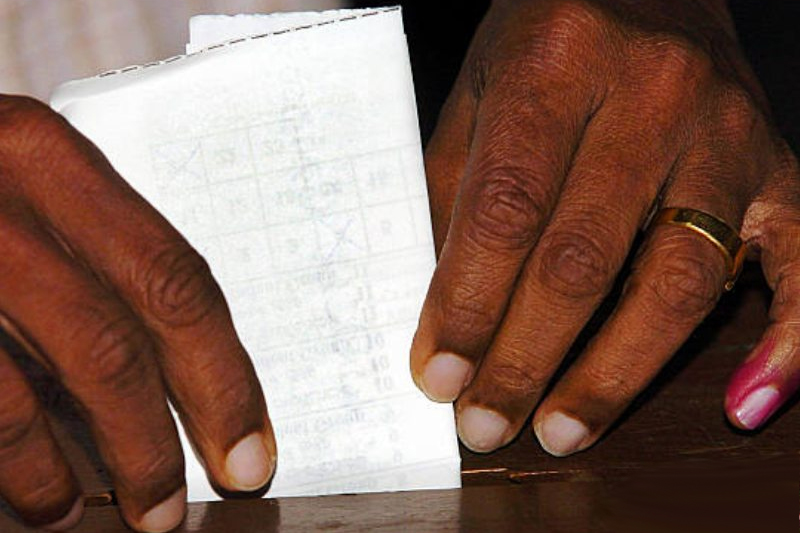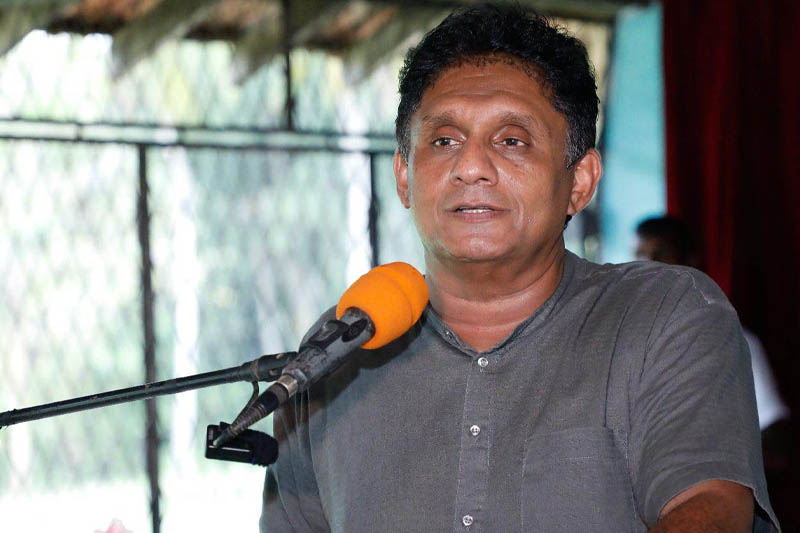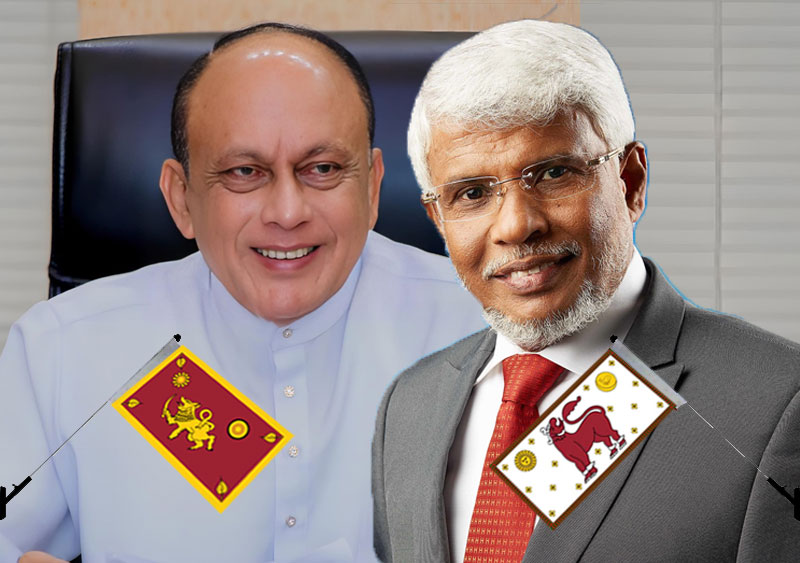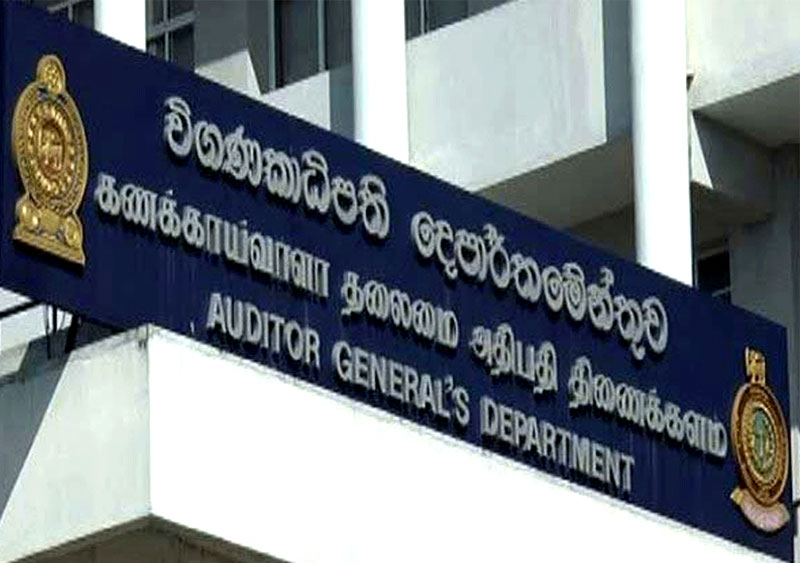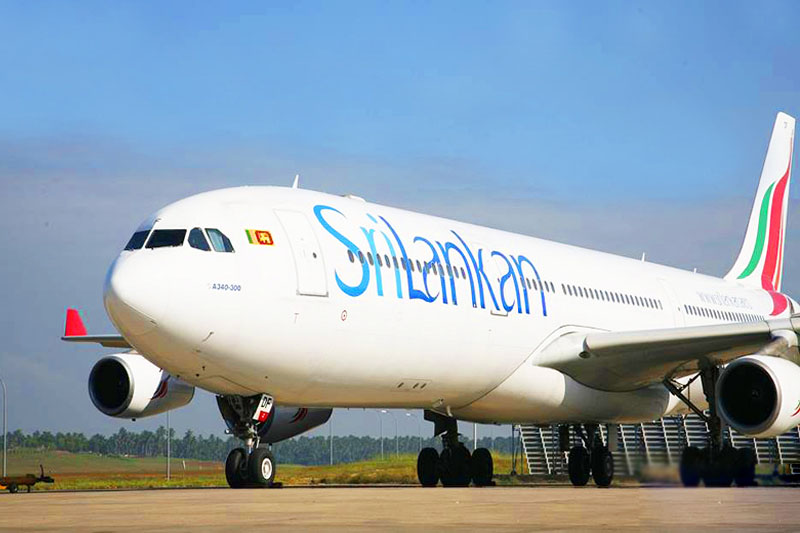It is very important to carefully see how the course of action of events played out and their essential impact on the country's system.
All this, while we observe the commemoration of Sri Lanka's Politics and its budgetary crisis. In appearing to hate its excellent ordinary environment and wide social legacy, Sri Lanka is overseeing a multifaceted emergency.
The crisis began in the year 2022, enveloping the nation in an all-encompassing obscurity that brought to light the weaknesses within Sri Lanka's political and economic spheres. The merging of challenges spanning politics, economy, and society coalesced into an ideal tempest, prompting worries about the nation's stability, prospects for regional cooperation, and the possibility of extensive consequences. This piece delves deep into the crucial occurrences during the crisis, its roots, its aftermath, and the steps undertaken to initiate recuperation.
Unfolding of the Crisis
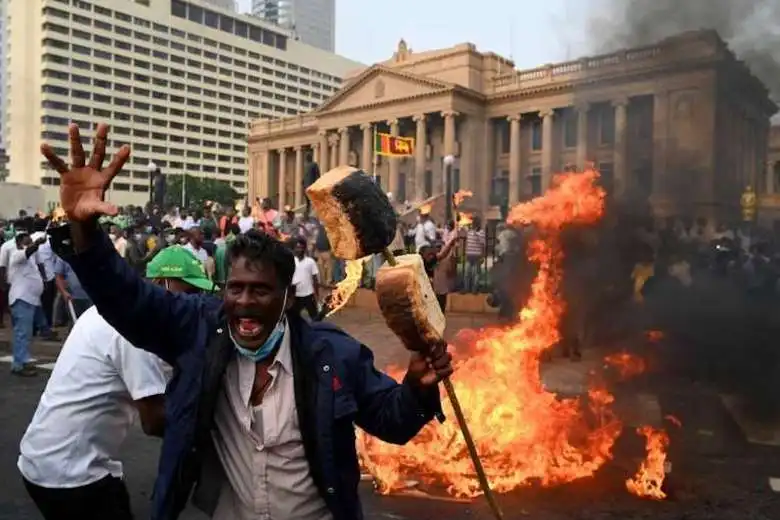
Photo: Ishara Kodikara/AFP
One year earlier, the emergence of the crisis in Sri Lanka stemmed from an intricate interplay of political instability, regulatory uncertainty, and economic adversity. The power struggle among key stakeholders needs clarification, as it rendered the government incapable of making informed decisions. Simultaneously, economic indicators plummeted, leading to a surge in unemployment, inflation, and strained fiscal circumstances.
The economic crisis gripping Sri Lanka is deeply intertwined with the fusion of its political and economic elements. Political disagreements, corruption allegations, and a lack of cohesive governance have strained the foundation of the nation's democratic structure. Financial mismanagement, high inflation, escalating debt, and a weakened currency compounded the situation, intensifying public discontent and hardship.
At the heart of this crisis lie long standing issues that have simmered beneath the surface for years. Ethnic and religious tensions, bureaucratic inefficiency, corruption, and ineffective governance mechanisms have all contributed to the maelstrom. The once unifying factors of the country have now become potential fault lines, widening divisions and impeding efforts at reconciliation.
Consequences and Impact Unveiled
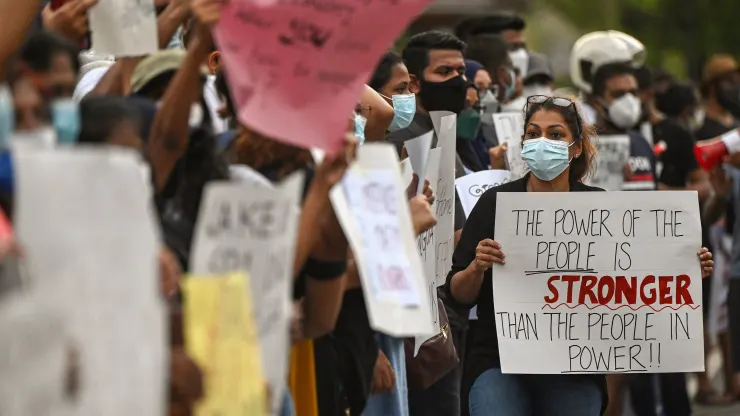
Photo: Ishara Kodikara/AFP
The aftermath of the crisis rippled across a wide spectrum, yielding intricate and farreaching effects. In the realm of politics, the erosion of public faith in Sri Lanka's democratic framework has bred discontent and scepticism among citizens, casting shadows of doubt upon their leaders' competence to navigate the nation toward stability. Economically, the nation's global standing suffered a blow, deterring foreign investment and straining its balance of payments.
The human toll exacted by the crisis is substantial - job security is disrupted, and individuals find themselves enveloped in social unrest and a fog of uncertainty. Many, particularly those in vulnerable situations, bear the aftershocks of the crisis.
Political upheaval: Sri Lankan politics has been characterized by power struggles, shifts in government, and a dearth of political cohesion. This instability has hindered effective decision-making and eroded public trust in the governance.
Financial turmoil: Escalating inflation, unemployment, and a weakened currency have impacted households and eroded investor confidence. Mounting government debt and discrepancies in public finances have constrained the government's ability to implement growth-oriented strategies.
Social turmoil: Owing to economic adversity and ethnic divisions, social tensions have contributed to widespread protests and demonstrations. Left unaddressed, this discontent threatens to escalate further.
Impact on the South Asian Region
The repercussions of the Sri Lankan crisis transcend its borders, exerting a broader influence on the South Asian region in manifold ways. Given Sri Lanka's strategic position within the Indian Ocean, its internal instability has the potential to disrupt regional equilibrium, impacting trade routes and maritime security, particularly concerning neighbouring nations like India.
Moreover, the interdependence of economies across South Asia implies that Sri Lanka's economic challenges could reverberate among trade partners, potentially impeding economic progress across the region. The instability and financial hardships linked to the crisis might also trigger heightened migration, posing dilemmas for neighbouring countries grappling with refugee inflows and integration issues.
Furthermore, the crisis might strain Sri Lanka's relationships with other South Asian nations, potentially hindering collective efforts on vital regional matters such as climate change, and trade. Concerns also arise over the potential exploitation of the crisis by external entities, potentially exacerbating existing regional rivalries and geopolitical tensions.
“The interrelated nature of these challenges emphasizes the requirement for joint endeavours, encompassing stability and economic approaches, to benefit both Sri Lanka and the wider region. This contemplation underscores how the crisis serves as a crucial juncture for Sri Lanka’s revival and the progress of the entire South Asian arena,” Kamil Kuthubdeen, Chairman of Global Business Trust LLC, Dubai said.
“In a bid to curb inflation and foster a degree of political and economic stability, President Ranil Wickremesinghe has implemented much-needed fiscal reforms", Kuthubdeen added.
Initiatives encompassed the establishment of institutions, combating corruption, reinstating investor trust, and fostering social unity. The global community, too, contributed by providing aid and technical proficiency.
In the following years, Sri Lanka embarked on a challenging journey of reconstruction and resurgence. Its objectives included fortifying democratic structures, fostering amity among ethnic communities, and pursuing sustainable economic advancement. Despite gradual strides and hurdles, the unwavering determination of the Sri Lankan populace remained evident. The commemoration of this crisis serves as a juncture for introspection and knowledge accumulation.
Sri Lanka stands at a pivotal juncture in its narrative. The lessons assimilated from history should navigate the country toward a future characterized by stability, expansion, and harmony. The expedition toward recuperation persists, yet with collective resolve, Sri Lanka can emerge as a more assertive, resilient entity, equipped to confront forthcoming challenges.

